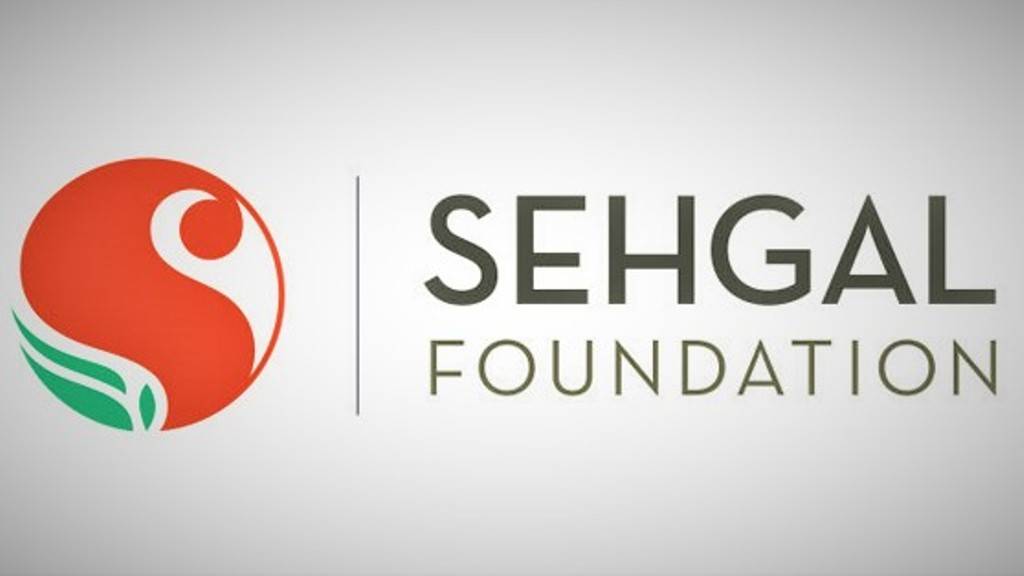
S M Sehgal Foundation received the Sabera Award 2021 in the category Special Jury Commendation for NGO of the Year. Anjali Makhija, chief operating officer of, S M Sehgal Foundation, received the award on behalf of the team and represented the Foundation in the virtual award ceremony.
Sabera’s annual social impact award and summit highlight the best practices & sustainable development initiatives by corporates, nonprofits, and individuals.
SABERA21 Awards webcast on December 9 included engaging interaction with Dr. Prakash Amte and Dr. Mandikini Amte, special speakers sessions with Dr Bibek Debroy, Chair Economic Advisory to Prime Minister Narendra Modi, and others along with people-centric inspiring stories of change. SABERA (Social and Business Enterprise Responsible Awards) recognize India’s responsible businesses, entities, and leaders that champion sustainable development. The awards are organized by Simply Suparnaa Media Network, a UN Women WEP.
What Makes S M Sehgal Foundation NGO of the Year?
Active in 11 states across India, S M Sehgal Foundation’s responsible initiatives besides the rural development work in the past year have been supporting to communities during the COVID-19 pandemic, which affected the lives of millions of people in India.
The Foundation teams' focus in India was put toward urgent relief work while balancing to maintain the momentum of the ongoing sustainable development initiatives and programs that are creating long-term positive impacts on rural India.
Sehgal Foundation’s initial activities in response to COVID-19 focused on the distribution of essential items such as soaps, sanitizers, masks, gloves, and thermal scanners to frontline workers and villagers, and food and nutrition kits to underserved communities.
COVID relief materials distributed across nine states to district hospitals included 350+ oxygen concentrators; 8,500 PPE kits, 75,000 gloves, 11,550 liters of sanitizer, 82,000 surgical masks, and 3,000 N95 masks for frontline medical and nursing staff.
Later moving from relief to rehabilitation, our activities, and programs focused on building rural resilience brought into action by improving farm productivity (better agri-technologies and practices); increasing water availability in villages (rainwater harvesting and groundwater recharge); making schools safe for children (hand-washing stations, toilets, and drinking water facilities); and making communities safer by building their awareness levels on the relief packages provided by central and state governments and enhancing local participation and sustainability in rural panchayats.
















